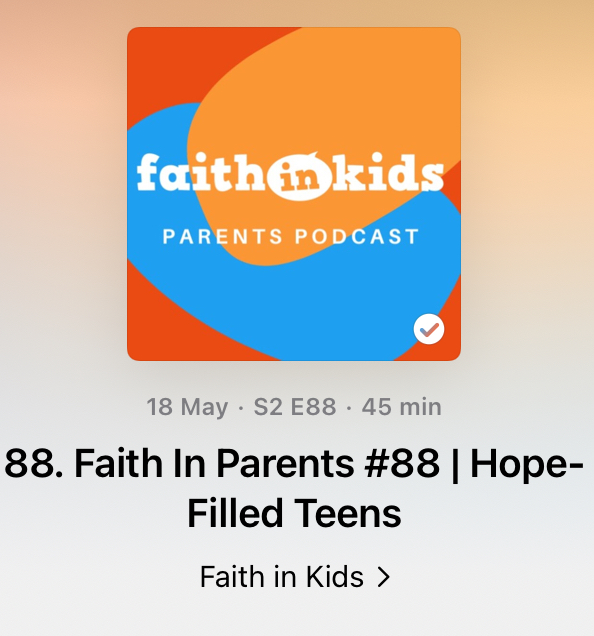In previous years people have quite enjoyed my Christmas gift ideas, so I’ve tried hard again this year to make some good suggestions for you. I hope you’re excited about Christmas and not feeling stressed about the shopping. My previous years’ posts are here, here and here.
I’ve been reflecting on how amazingly generous God is, and what a privilege it is to be able to celebrate him by showing generosity to people we love. (Let’s try to keep that in mind when we’re in the queues or we’re behind on the wrapping!)
For Baking Lovers:

My daughter loves to bake and we’ve enjoyed a few recipes from the the ‘Fitwaffle’ lady, Eloise Head. For her 14th birthday this month her aunt bought her the ‘Baked in One‘ book and a 20cm square tin to go with it. (Every recipe in the book can be baked in the 20cm square tin.) I thought this was a really lovely gift. Maybe check out her videos to see if it’s the sort of thing your baking-lover would enjoy.
3D puzzles

My son really likes building 3D wooden things. In fact, so does my husband. They’re a step up from those dinosaur ones you get in museums or owl ones you get at the Wetland Centre – you know what I mean. There are loads on Amazon. If you’ve got a tween who’s good at puzzles they should be able to do it – perhaps with the help of a willing adult. (Not me, sorry. I’ll be baking something from Fitwaffle.)
2D Puzzles

If you know someone who likes a good jigsaw at Christmas, I think this would be a lovely gift – it’s a different jigsaw to do on each of the 12 days of Christmas. Here’s the Waterstone’s link to buy it but it is sold elsewhere. Each jigsaw is quite small but I think it’s a fun idea and could be enjoyed by little ones and oldies alike. The description says ‘Minimum Puzzle Dust’ which is a problem I didn’t know I could have. I’m grateful to have it kept to a minimum!
Cool notebooks

This website, Atoms to Astronauts, has some unusual notebooks. They’re not cheap – it’s a small business – but would be a lovely gift if within budget for a teen if you’re stuck for ideas! They’re made in the UK.
For Bible-readers who like pretty organisation…
Someone bought my daughter some index tabs for her Bible and they’re just the sort of thing that many girls her age (or even women my age) find really satisfying and beautiful. They also help you find the Bible book you’re looking for. There are a selection at Cheerfully Given.
For the Home
My daughter has been making and selling macramé plant hangers and they’re lovely! They’d be a great gift for anyone with a house plant. If you’d like to buy one, you can go to Vinted or message me on Instagram.

This is an idea I wish I’d seen when my children were younger. It’s a picture frame with storage so you can store your children’s pictures inside and then just keep adding the latest picture to the front. It’s easy to open the front of the frame and add the latest picture. This would be a good gift for a toddler who’s already got enough toys, or for a family who’d appreciate the neatness of it. (I’ve put a link above but there are a few different companies making them.)
For babies and toddlers

I’m sure any parent appreciates a gift that can stack for storage. We like these stack and roll cups from Fisher Price. They’re simple and pleasing.
The other thing that’s good, although not as stackable, is this ramp. Apparently this is good for a child’s development. I’m sure that’s true. And it’s one of the few toddler toys we’ve kept.
Books
The Dreamkeeper Saga books are a good option for children who enjoy fantasy books involving dragons etc. My ten year old enjoyed ‘The Dragon and the Stone.’ He said he liked the magic in it and that ‘foes become friends.’ Mysterious!
I’ve also heard very good things about the Green Ember books so we’re going to try those out this Christmas. They’ve got rave reviews so I’m looking forward to it.
For tight budgets remember that some Christmas cookies, baked with love, are a thoughtful gift. It’s also a lovely idea to frame a good postcard, and nice white frames can be bought very cheaply in the supermarket.
Suggested by a Reader
One of my Instagram followers suggested the Yoto player. I’ve never seen one in real life but perhaps you should check it out. We do love an audio book in our house.
I hope this has been helpful for you. Do comment below if you’ve got a brilliant idea you’d like to share! Happy Shopping x











